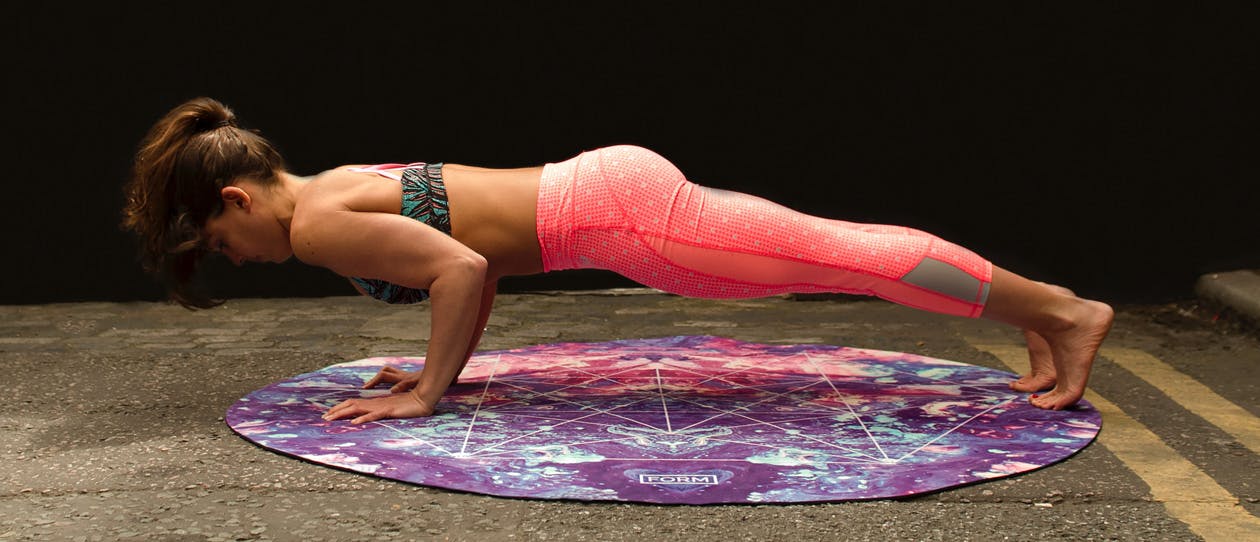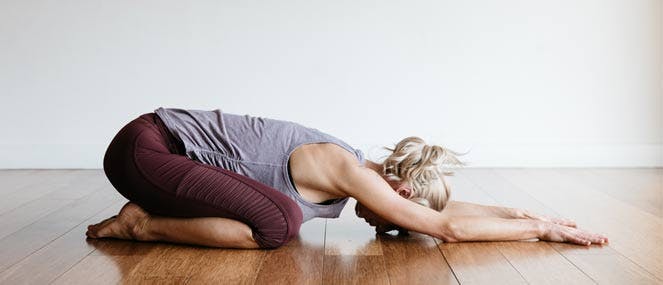
- Health hub/
- Tips & Advice on Improving your Energy Levels/
- 5 FAQs About Exercise & Fitness


Q: What's the best exercise to do?
A: The answer to this one will depend on a few different factors, including your health and wellbeing goals, your body, and what you find enjoyable, because with regular activity being key to improved health, the ‘best exercise’ for you is one that you’ll keep doing. So, if you’re wondering whether running is better than cycling or if swimming is better than walking, it really depends on what results you’re aiming for, whether your joints can take higher-impact activities and – the big one – which activity you get the biggest kick out of.
Q: Does is count if I'm only moving for at least 30 minutes?
A: Definitely not. Three 10-minute bursts of activity over the day provide exactly the same health benefits as a single and continuous 30-minute session. In fact, research shows exercise doesn’t even have to be done in 10-minute chunks to be effective – minute-long bursts of activity count. What matters most for health is the total, cumulative time spent being active. Official guidelines recommend accumulating 2.5-5 hours of moderate-intensity physical activity each week.
Q: If a workout doesn't cause muscle pain in the days following, is it 'worth it'?
A: Experiencing delayed-onset muscle soreness after exercising is really common, particularly when you’re starting a new activity or exercise. But, while it isn’t usually anything to worry about, the answer to this one is no, post-workout pain doesn’t have to be present in order to achieve fitness gains.
Q: Is stretching a fail-safe way to prevent exercise-related injuries? And can it improve exercise performance or make you go faster when you head out for that morning jog?
A: Recently, research has shed doubt on whether stretching immediately before and after a workout protects against injuries. And some research also shows that pre-exercise stretching might make muscles weaker and slower, which can hinder performance rather than helping it. But don’t ditch your stretching routine just yet. As well as being an effective stress-relieving activity, stretching also improves flexibility and that is essential for healthy muscles and joints.
Q: What’s the right reason to exercise – to improve my health or change something about my appearance?
A: What’s ‘right’ very much depends on the individual. That said, research has some interesting light to shed on this topic. For starters, when it comes to what works best as motivation to commit to any healthy lifestyle habit, research proves that people who are motivated to do it for themselves, rather than due to guilt or pressure from others, tend to be more successful.
And if you are motivated to move for a health reason, research also shows that you’re better to focus on what you’ll gain instead of what you’ll avoid – so zeroing in on how your sleep will improve might motivate you to move more than thinking about how much you’re lowering your risk of heart-health problems. But ultimately, research confirms that the one thing that helps someone stay committed to exercising regularly is enjoyment – if you love it while you’re doing it, you’ll keep doing it.




